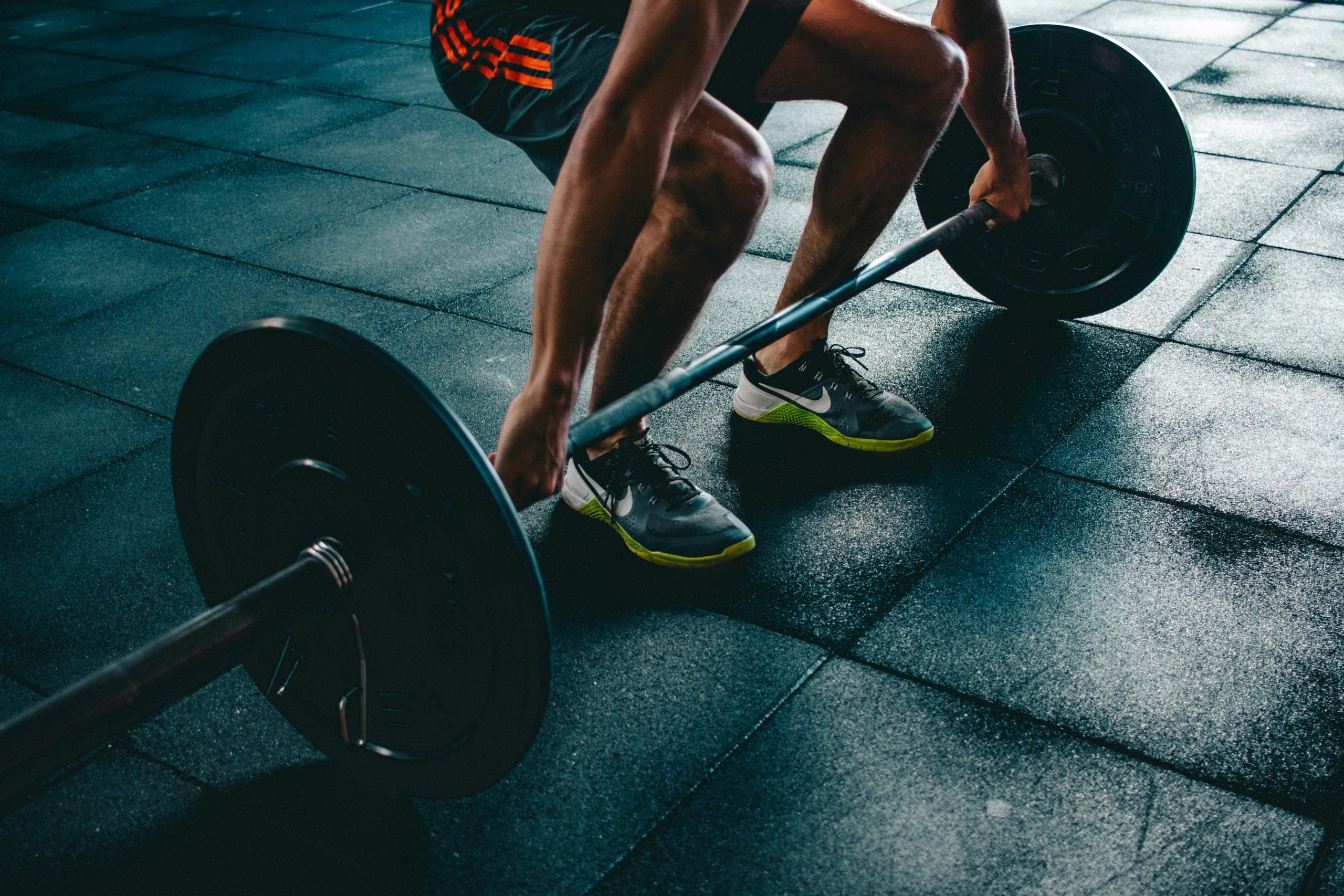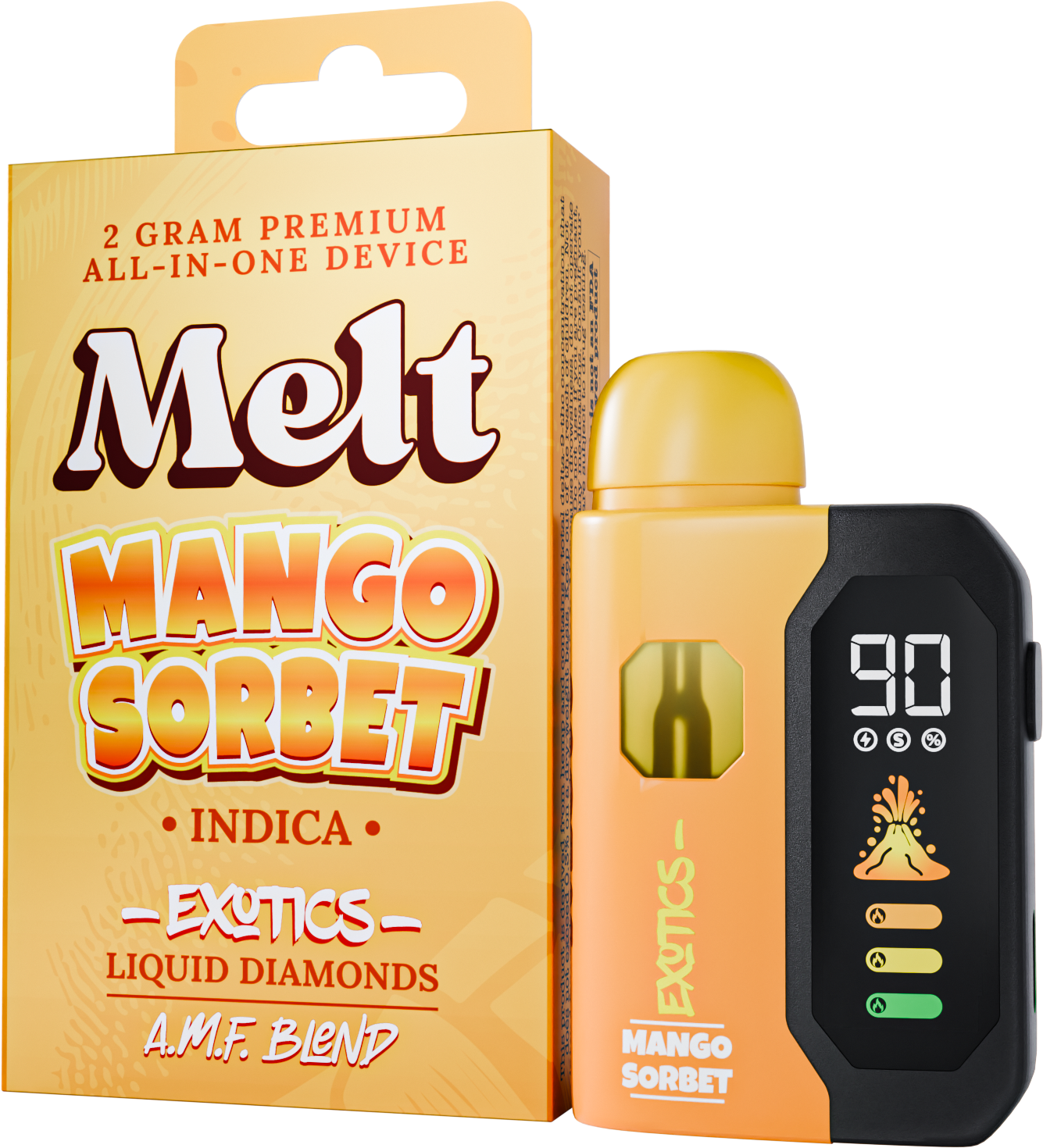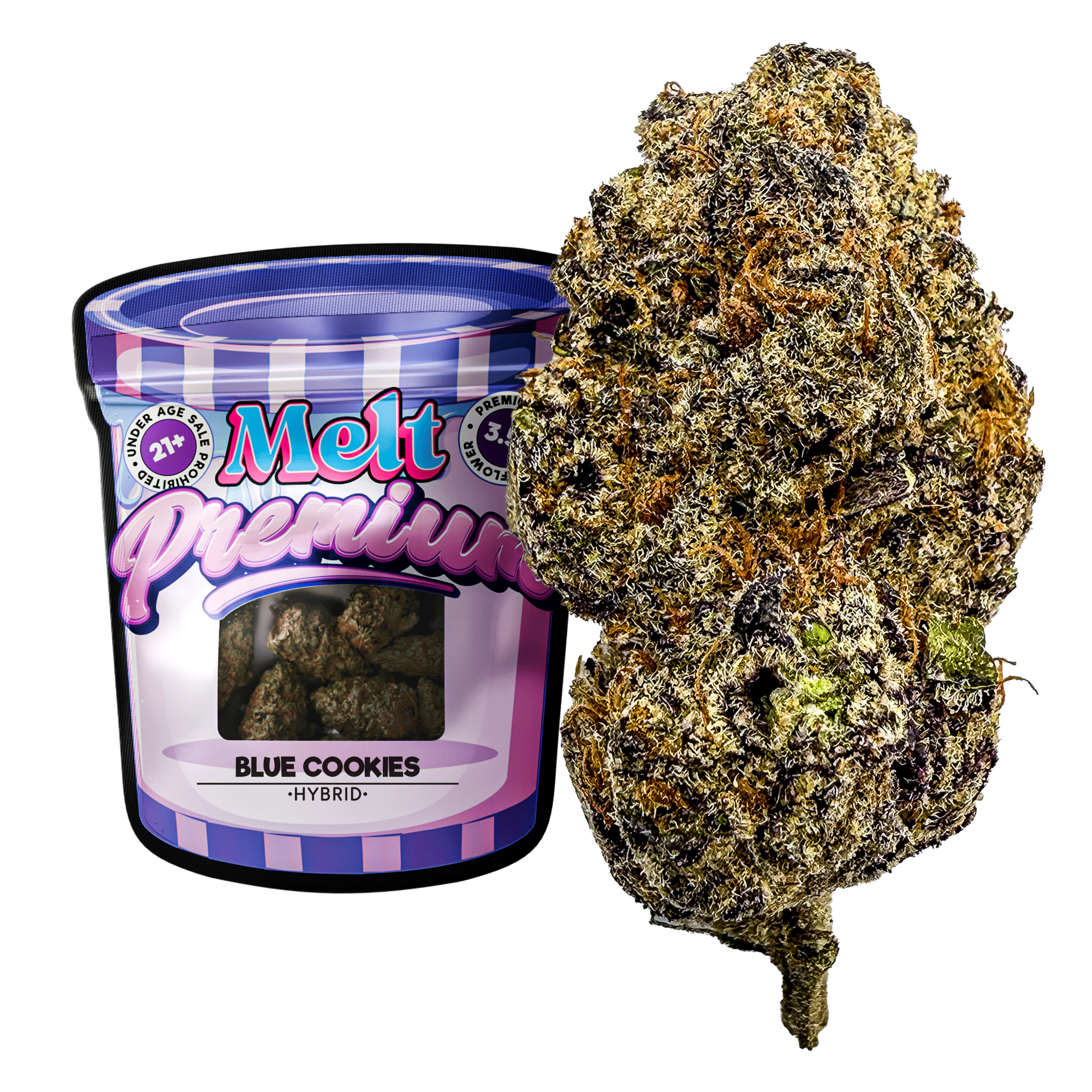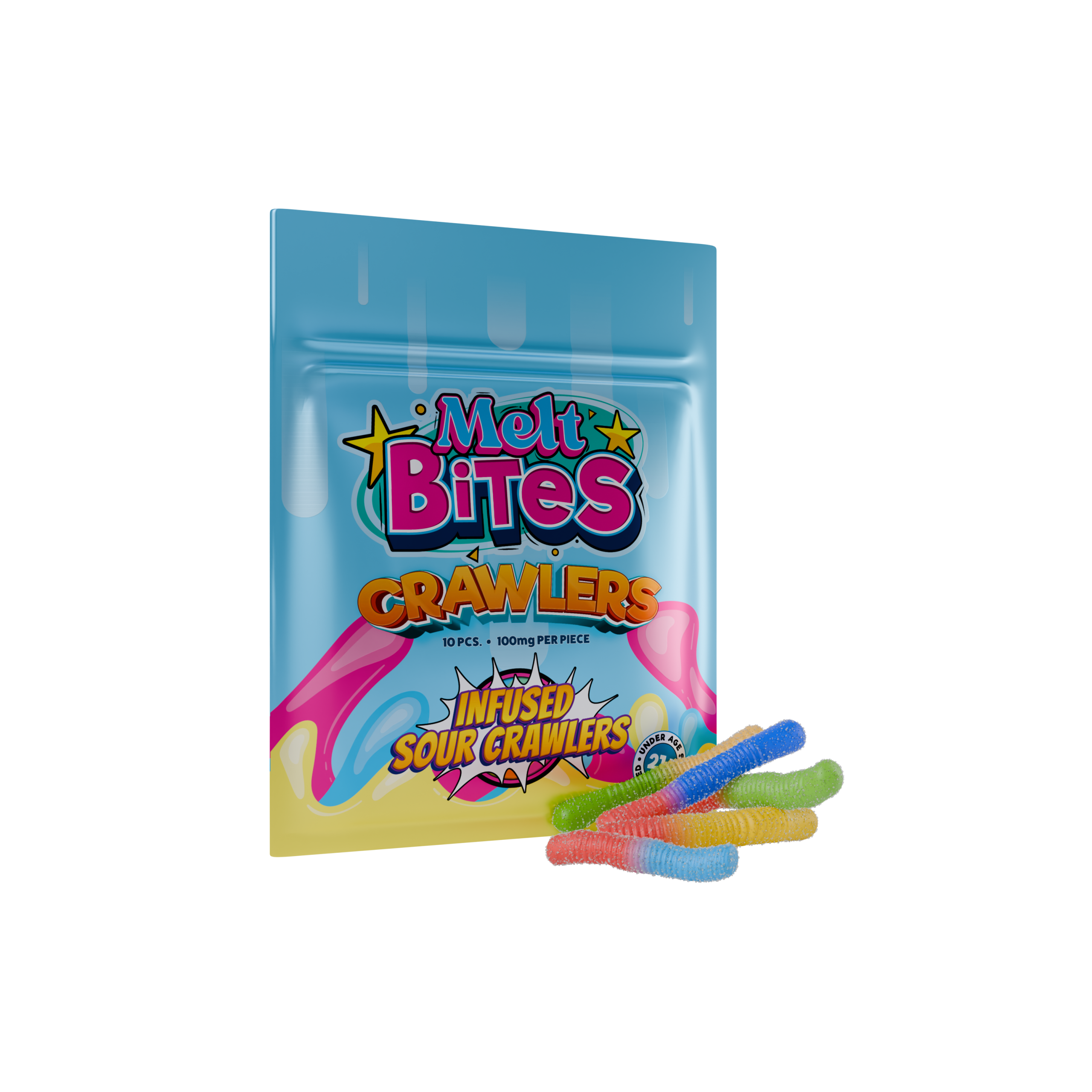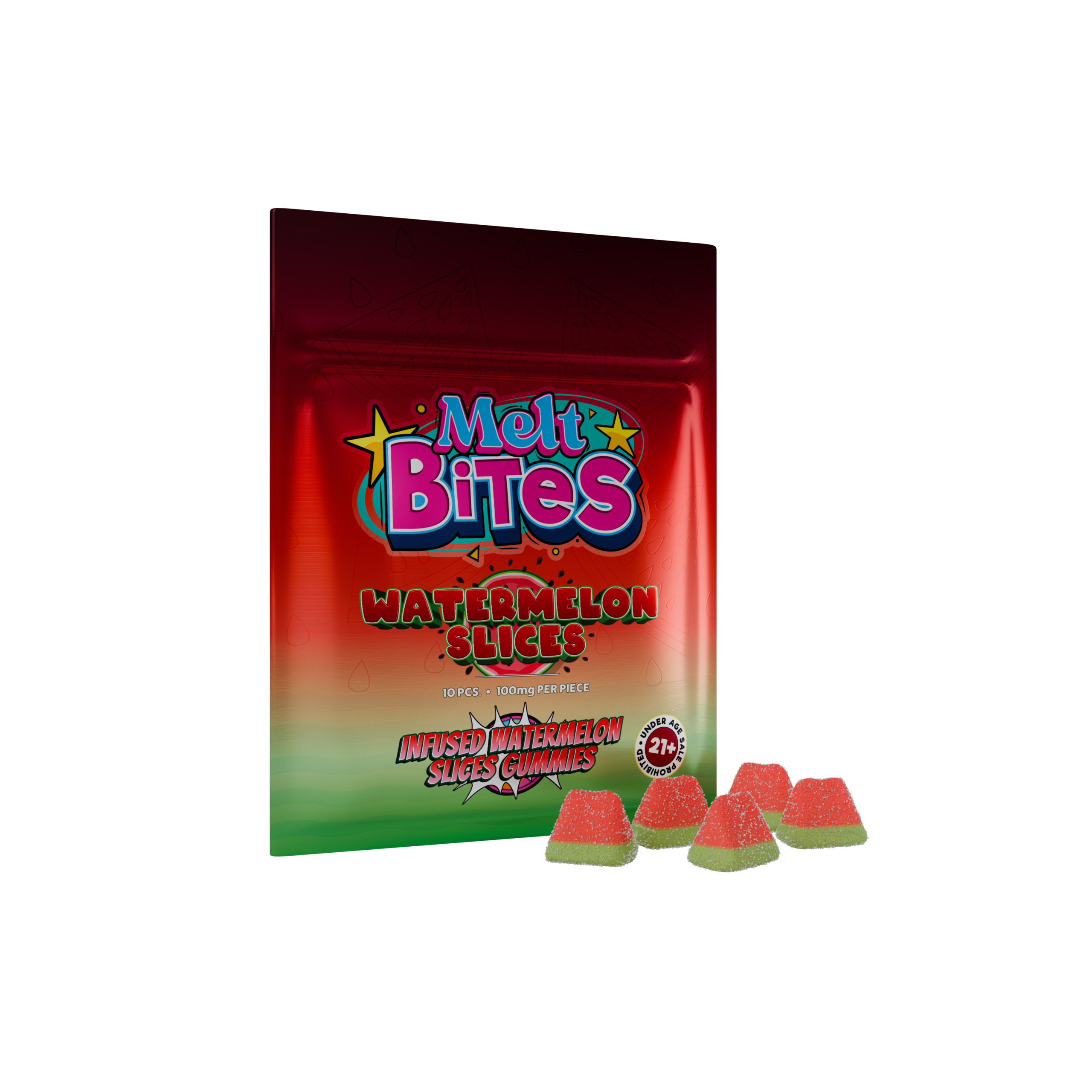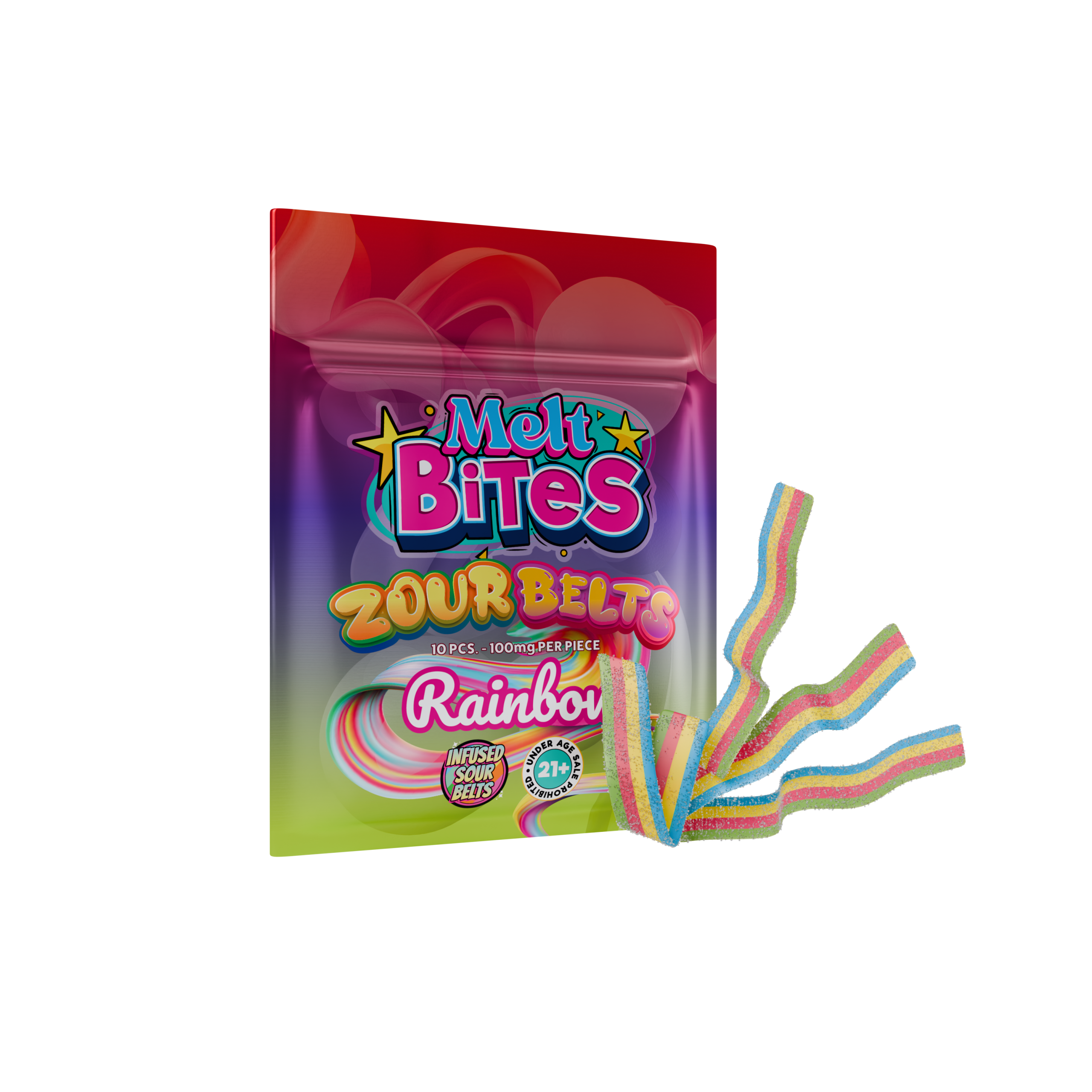People who workout regularly and face recovery challenges know how demotivating it can be. The majority of fitness enthusiasts suffer from fitness and recovery challenges due to pain and inflammation that follow a light or intense workout session. While inflammation is a crucial mechanism in the human body’s response to stress, infections, and injuries, chronic inflammation can impact recovery and fitness. They are always searching for some natural remedy to counter the effects of inflammation and pain and recover quickly to regain strength and endurance.
In the world of natural remedies for recovery, THCA for fitness has emerged as another option with some promising properties.
THCA, also called tetrahydrocannabinolic acid, is a non-psychoactive compound found abundantly in unheated hemp plants. It has developed its reputation as a potential compound with anti-inflammatory properties that may help with fitness and recovery from workouts.
Let’s take a look at how THCA recovery can be helpful in managing inflammation and enhancing fitness.
Mechanism of Action of THCA
THCA can enhance fitness and increase endurance by reducing recovery time. This may be possible due to its anti-inflammatory properties. When your body is subjected to intense exercise such as interval training or weight lifting, it experiences inflammation and tears. This experience leads to a rapid repair process that triggers the growth of muscles and improves fitness.
However, if inflammation stays in the muscles and body for a long time, it can significantly affect muscle function. Instead of repairing after workouts, chronic inflammation can cause muscle breakdown, which can reduce endurance and fitness.
Acute or chronic inflammation both require energy to bring about changes in the body. If your body is under the influence of chronic inflammation, it will use up energy, leading to fatigue and reduced muscle recovery.
It also delays the time the body takes to recover after a workout because the body gets busy managing inflammation, and the focus shifts from repairing the muscles.
These circumstances also increase the risk of injury as weak muscles and ligaments become more susceptible to sprains and strains.
How THCA can help?
Preliminary studies have shown that this cannabinoid from the cannabis plant has anti-inflammatory effects that may reduce inflammation. Inflammation occurs after stress and tears in the muscles caused by exercise. The strong inflammation-reducing properties of this may inhibit the molecules of inflammation in the body and, as a result, reduce the inflammatory action.
Pain relief
While THCA lacks analgesic properties, it may still provide relief from pain after a workout. This is because when inflammation is reduced in the body, associated discomfort may also subside.
Stress
When the body is extremely inflamed and you are very uncomfortable, it may lead to stress and anxiety. People may start thinking that this condition will not be over, and their strength and endurance may decrease. When inflammation is managed by THCA and you feel less uncomfortable, it automatically reduces stress and anxiety. As a result, you are able to focus on your training and fitness routine.
Neuroprotective
Research has also indicated that it has some neuroprotective properties that may be helpful in managing neuropathic pain or nerve-related pain after exercise. It can offer temporary pain relief for almost all nerve related issues.
Conclusion
As already discussed, THCA benefits for athletes may help with fitness and recovery challenges. However, it is worth mentioning that this cannabis compound is new in the market, and only preliminary research has been conducted on its therapeutic properties. Therefore, use THCA for fitness and recovery at your own risk. It would be helpful if broader research were conducted to evaluate and understand the therapeutic properties of THCa for fitness enhancement and recovery.
